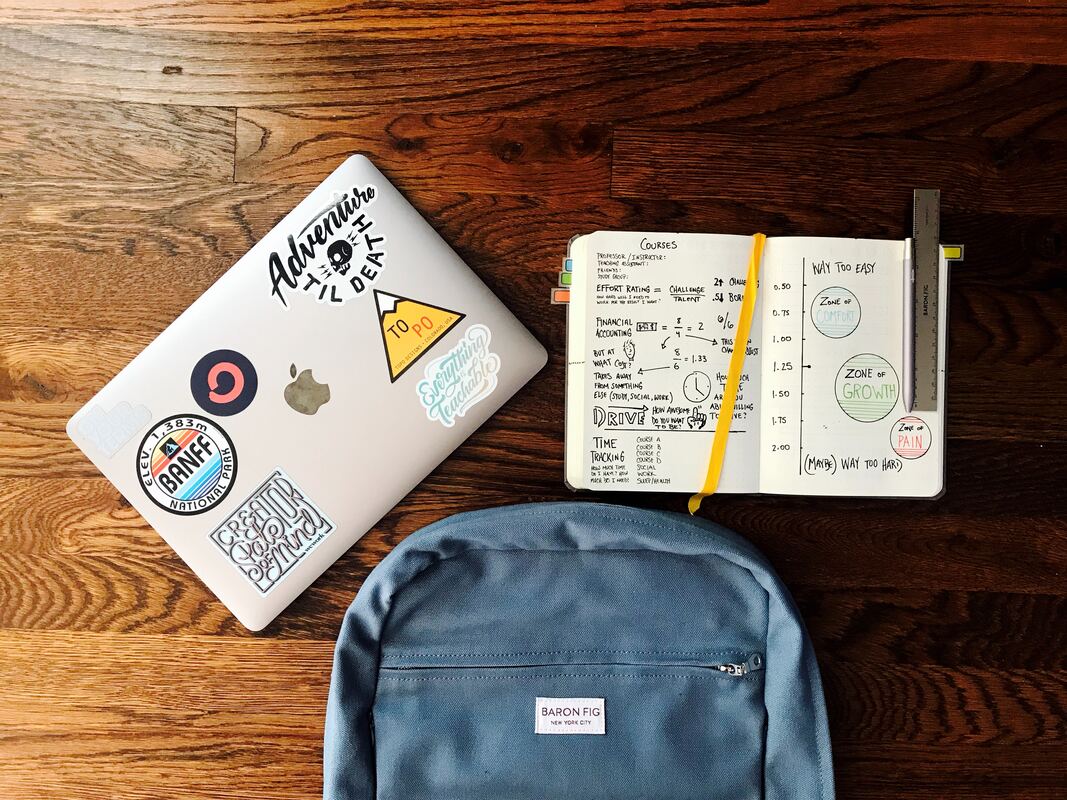|
Working from home, especially for the first time, can be tricky for adults with ADHD. Heed these tips for maintaining focus, setting boundaries, avoiding unproductive hyperfocus, and getting the job done with telecommuting and working remotely.
Many adults with attention deficit hyperactivity disorder (ADHD) have started to work from home — some for the first time ever — in response to the crisis caused by the new and distressing respiratory disease. This new autonomy and responsibility — plus the challenges of juggling children home from school and a shifting health crisis — is a cause for anxiety to some. www.additudemag.com/working-from-home-adhd/
0 Comments
“My phone bill is past due, my inbox overflowing, mom has called for the third time asking about the weekend, the sink is still leaking, my boss emailed and moved the project deadline to tomorrow, the fridge is empty and the cat is climbing the walls again! If only Richard and the kids could eat my smart phone for dinner.”
Sound familiar? STRESS!!! It is inevitable and never welcome in our lives, so what can you do to cope when it decides to let itself in and get comfortable? Prioritize When life gets stressful we often have a very hard time seeing the forrest for trees. We feel as if stopping to evaluate what is important and what needs to be done first will be far too time consuming. Especially when that energy could actually be put to work by getting things done! This perception is not only crazy-making, it is simply inefficient. It only takes a moment to stop and consider what needs to be accomplished right now, as opposed to stressing over what needs to be done within an entire week! Start by asking yourself after work (not during work-we’ll get to that later), “what needs to be done in order to get through tonight?”. Grab groceries, stop at the bank, pay phone bill and pick up the kids. Once your evening’s tasks are accomplished begin to prioritize for the following day. Make lunches, lay out clothes, prepare for project management meeting, sleep. The next morning, instead of preparing at the last minute for your project management meeting, you will have carved out just enough time to call the plumber and maybe even your mom before work! Prioritizing in this manner creates a snowball effect that will allow you to quickly get ahead, instead of behind, and the best thing about it is that you can start right now and immediately get back on the wagon anytime you feel as though you’ve fallen off. Be Proactive, not Reactive! Consider this skill as a piggyback to prioritizing. When stress hits we often don’t know what to do or where to start so we just start DOING! This type of response, though nearly automatic, will quickly trap us into having to crisis manage instead of stress manage. For example, the next morning you decide to return your mother’s call, instead of the plumber’s, because she called for a fourth time during breakfast and you react in order to alleviate the sudden stress of that phone call. Even though the weekend may be four days away. Meanwhile the leaky sink is starting to drip into the basement! The psychological effects of stress trick us into thinking that everything that is urgent is important, when logically speaking that just isn’t so! Take some time in your day to break down the difference between the two and you’ll be far more productive and less stressed. STOP and Take a Stress-Break Not a smoke-break, a stress-break. Why does that sound so counter intuitive? Because during times of stress we become convinced that if we stop moving, or doing, or working - the world will stop turning - another nasty little trick that stress plays on us. In actuality we work most effectively in 60 to 90 minute intervals, anything beyond that and you might as well be a chicken running around with it’s head cut off. Stop and take a stress-break; do something completely different, give yourself a treat or do something you know you’ll enjoy. If you feel the need to take a break, you are probably right! Our minds and our bodies are very good at telling us what we need. In the world of therapy we call this our ‘gut feeling’. Listen to it before it does something drastic to get your attention. Don’t feel like cooking dinner tonight? The world will continue to turn regardless of whether you’re able to cook a fresh meal, or end up ordering takeout. You’ll feel more energized by giving yourself some breathing room when you know you’re stressed and you will be able to start fresh after the break. The most important thing to be mindful of during times of stress is yourself. Pushing too hard for too long leads to burnout and beyond that can create serious health problems. Above all else, including our ‘to do’ lists, always keep in mind what is most important to you, be it life, love or happiness. |
AuthorIn her writing Nicole explores the complex dynamic between the uniqueness of individual expression and universal application, taking her knowledge of the fields of Psychology and Psychotherapy and asking deep questions about what it means to be human. ArchivesCategories
All
|
© Nicole Croft, Registered Psychotherapist 2022 Privacy Policy

 RSS Feed
RSS Feed
